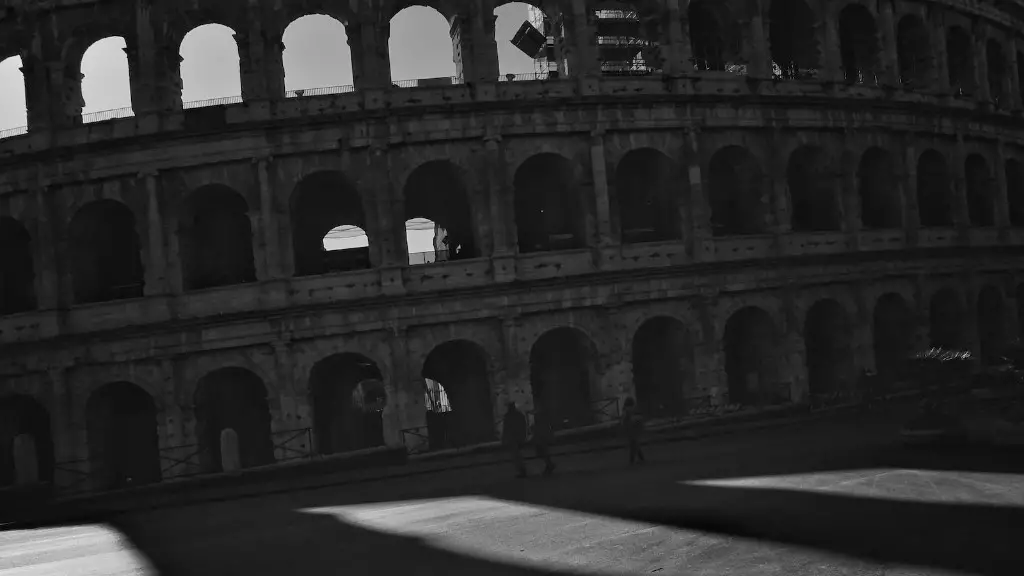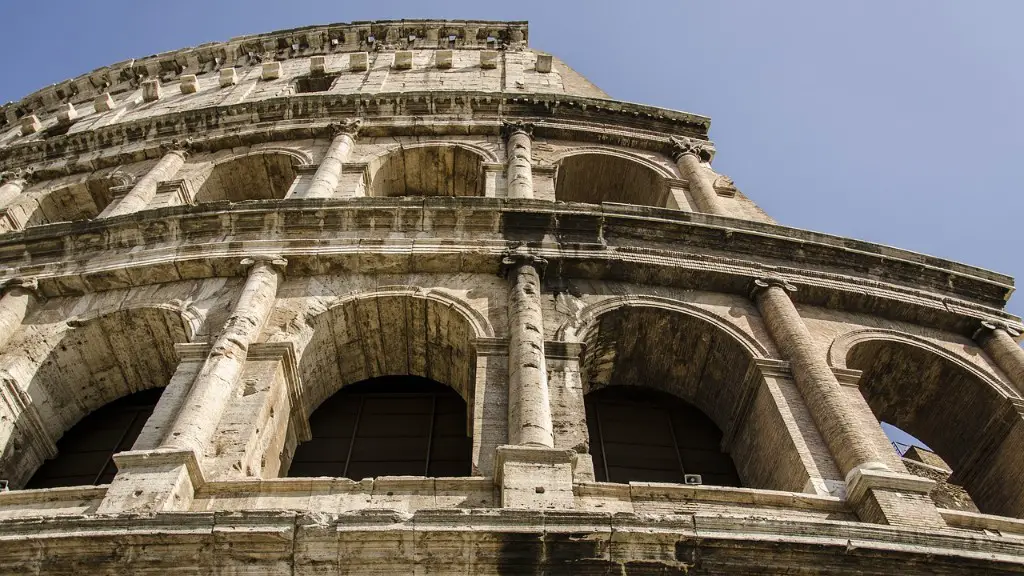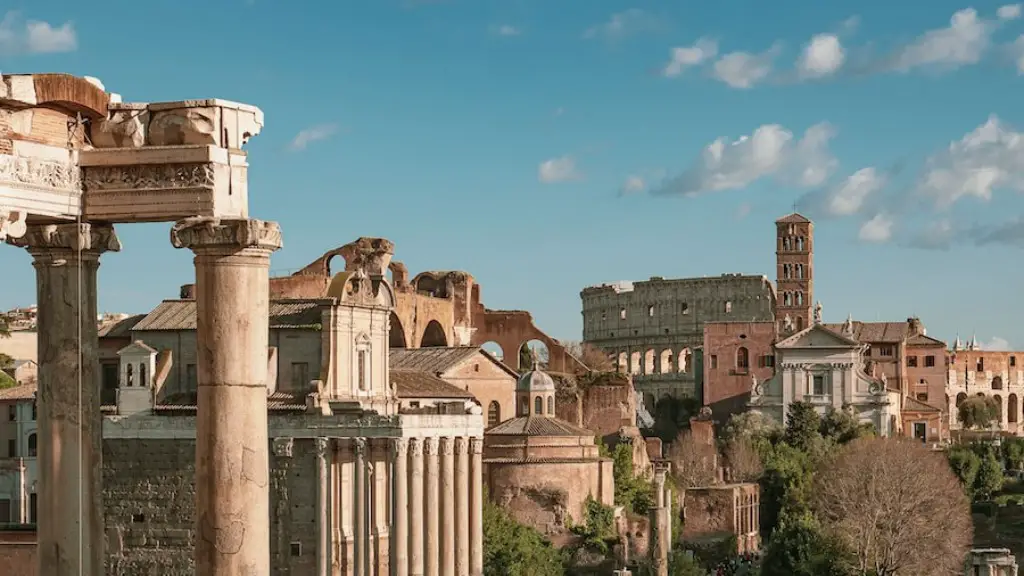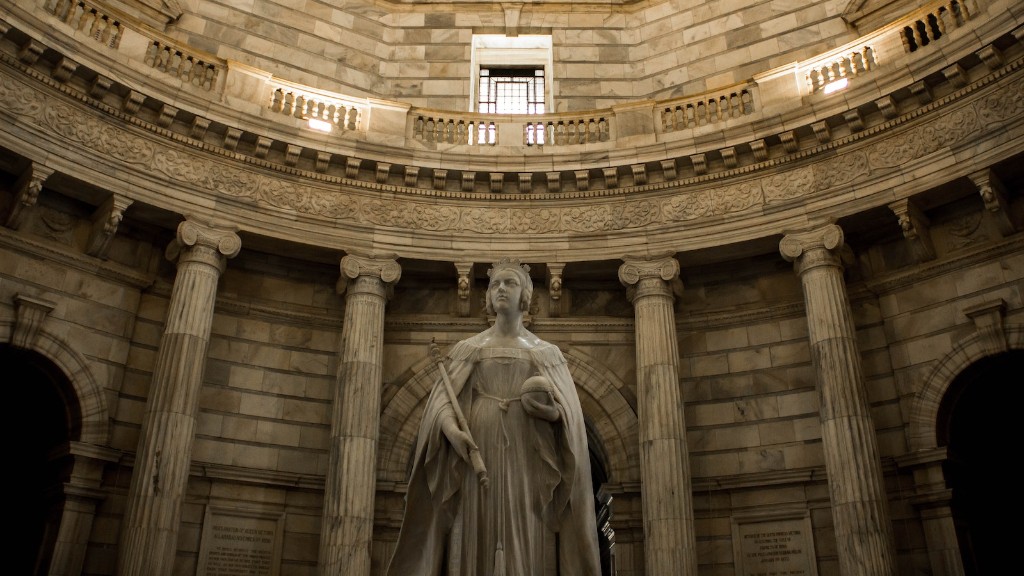Ancient Rome: Understanding Censors
In Ancient Rome, censors or census-takers were magistrates whose primary responsibility was to divide citizens into classes and organise an official register of them. Censors were selected by the Roman Senate every five years and had the power to remove citizens from the registry and assign new names to certain classes to better reflect their status, as well as record their wealth. Essentially, the censors acted as both tax-collectors and record-keepers for the Roman government.
Censors were among the most important officials in the Roman state. They were responsible for collecting taxes from citizens and later distributing it in the form of public works. Though the power of the censors was not absolute, their decisions were respected, and their authority provided the Roman state with a sense of stability. Moreover, censors were charged with maintaining the public’s morality, something that was of paramount importance for a highly populated urban environment.
The duties of the Roman censor were an extension of the powers of a magistrate. This meant that they were responsible for keeping a tally of people’s incomes, making sure they were paying their taxes, and overseeing public construction projects such as the building and repairs of roads, bridges and other public works. The censors were also responsible for making sure that buildings followed certain codes, as well as keeping records of citizens’ marriages and other civic functions.
The most important function of the Roman censors was to maintain the census of the Roman citizens. Every citizen had to register with the censors to be counted. This gave the censors a large amount of power, since they had the ability to determine who counted as citizens and what rights they had. In addition, the censors were responsible for assigning people to the five social classes of Rome, which affected the amount of taxes that had to be paid. Consequently, the census was also an important factor in ensuring the stability of the Roman state, since it allowed for the calculation of public liabilities and revenues.
Though the censors had a wide range of powers, they also had some limitations. As with all Roman magistrates, their power was not absolute and they were accountable to the Senate and people of Rome. In addition, their power was limited in a number of important ways, such as the fact that they could not declare open war or execute citizens without a trial. This meant that the censors were more effective when it came to maintaining a sense of public order and stability rather than making sweeping changes to the government structure.
History of the Censor
The concept of the censor was introduced in 4th century BCE Rome and was an important part of the Roman state from that time onward. The power of the censor was originally derived from the Senate, who appointed two censors every five years. Though the censors were originally influential lawmakers, their power decreased as the Roman state grew into an empire. In the early imperial period, the censors were largely responsible only for collecting taxes and overseeing the registration of people, though they retained their right to expel citizens from the registry.
The censors were seen as important in the Roman state even during the imperial period, as their tax-collection was necessary to fund public works. This was especially true in the era of ancient building projects, when the censors oversaw the construction of roads, bridges, gates, and other monuments. Though their powers diminished over time, their legacy lives on in the present day with censuses playing an important role in governments around the world.
Impact of the Censor
The impact of the censors in the Roman Empire was largely in the field of taxation and record-keeping. Their ability to collect taxes from citizens allowed the state to provide necessary public services and fund public works projects. In addition, their role in keeping records of citizens ensured that the rights of all citizens were respected, as well as creating a sense of social stability.
Though their powers were not absolute, censors were able to influence society in many ways. Their decisions as to which citizens to count in the census and which should not be counted was an important factor in determining the rights of the people. This made them an influential social force and their decisions had a lasting impact on the Roman population.
The censors were also responsible for maintaining public morality, an important aspect of the functioning of the Roman state. By enforcing the values of the Roman people, censors were able to maintain public order and ensure that citizens followed acceptable social conduct. This was especially important for the highly populated urban environment of Rome.
Moreover, the censors were important in the realm of politics. Though not considered magistrates in the strictest sense, their authority and respect meant that their decisions were largely followed. This made their power especially important in times of political strife when a sense of order needed to be maintained.
Significance of the Censor Today
Though censorship has taken on a much more negative connotation in modern times, the role of the Roman censor was largely a positive one. Today, censuses are still important for collecting data, ensuring that governments can effectively provide services to their citizens. In addition, the concept of censoring one’s behaviour has also been adopted in many societies today, albeit in a less direct form.
In many ways, the influence of the Roman censor still resonates today. Though their power is somewhat diminished, their legacy still lives on and the impact of their decisions are still evident. The concept of government oversight and regulation, as well as the need to maintain public morality, remain important aspects of societies around the world.
The Role of the Censor in Ancient Literature
The censors of Ancient Rome have also made their mark in literary works from the period. In the works of Virgil and Horace, the censors were commonly portrayed as upholding the values of the Roman people and ensuring that public morality was maintained. The censors were also depicted in a largely positive light in many of Pliny the Younger’s works, where their decisions and rulings were often seen as just and wise.
The legacy of the censors also lives on in modern popular culture. The term “censor” is often used to describe characters in books and television shows that act as agents of social control, making sure that certain behaviour or language is kept in check. This illustrates how the concept of the censors has been integrated into modern cultural consciousness.
Conclusion
The Roman censors played an important role in the Roman Empire, serving as both tax-collectors and record-keepers. They were important in maintaining public order and stability, as well as enforcing the values of the Roman people. In addition, the concept of the censor lives on today with censuses still playing an important role in ensuring the effectiveness of governments. Furthermore, the legacy of the censors can be seen in modern literature and popular culture.




